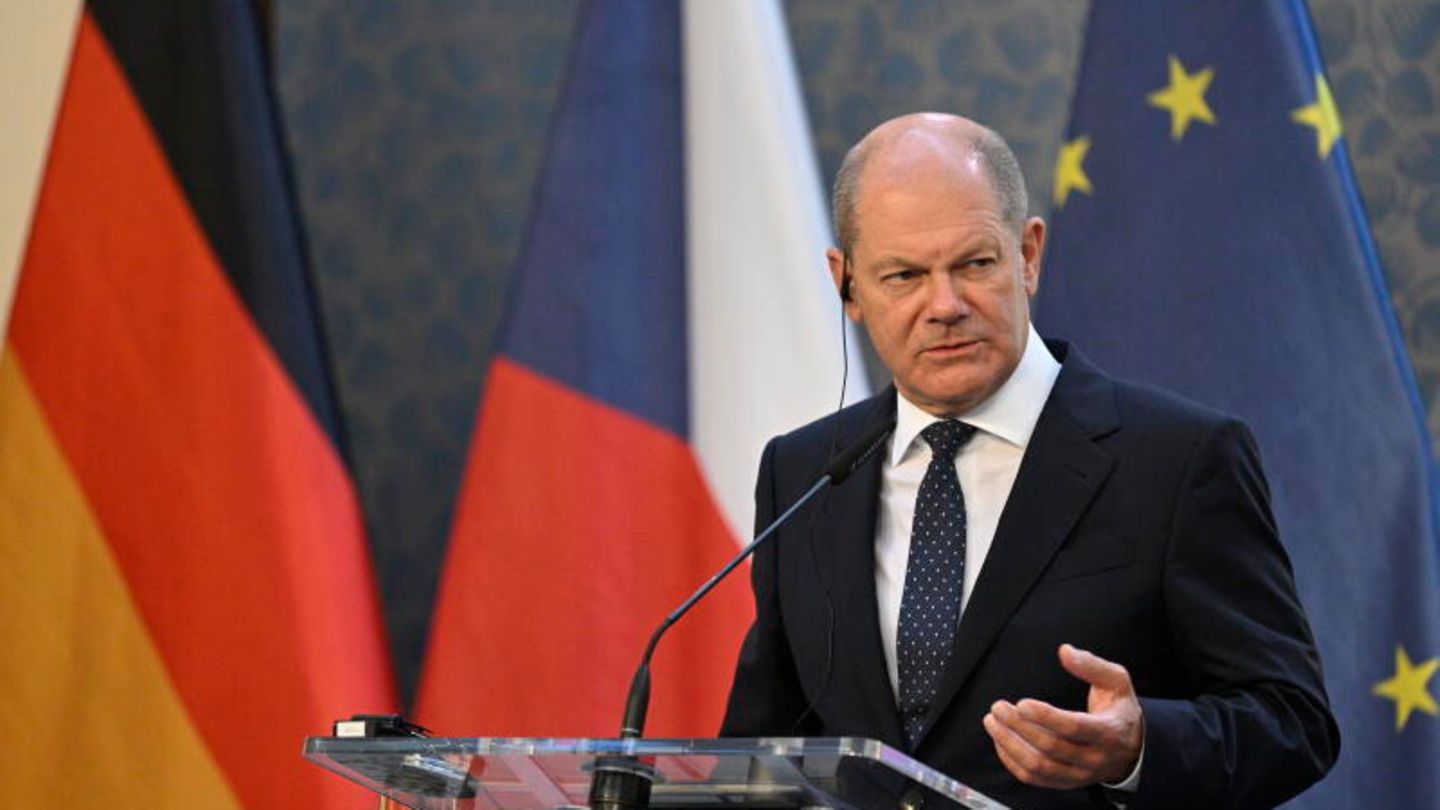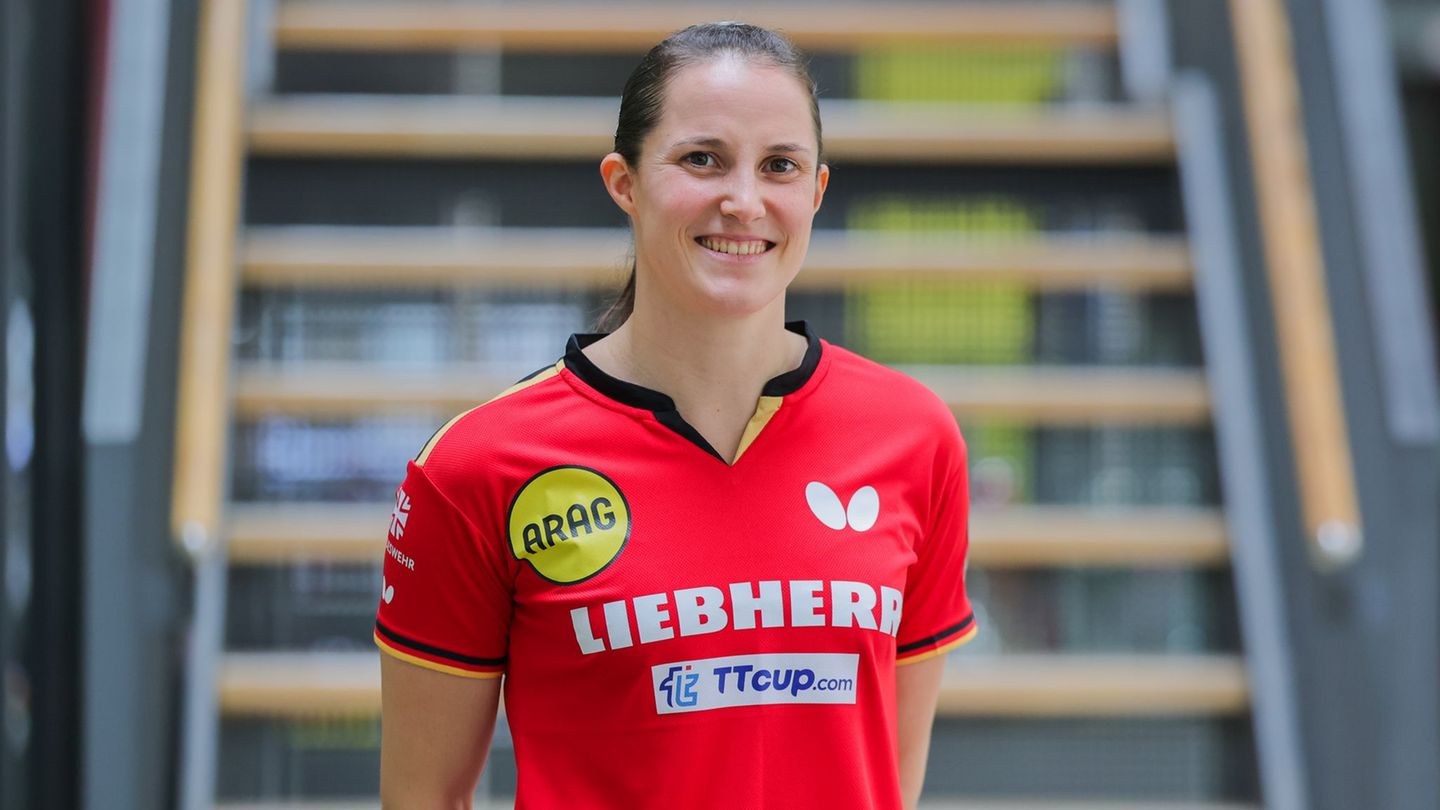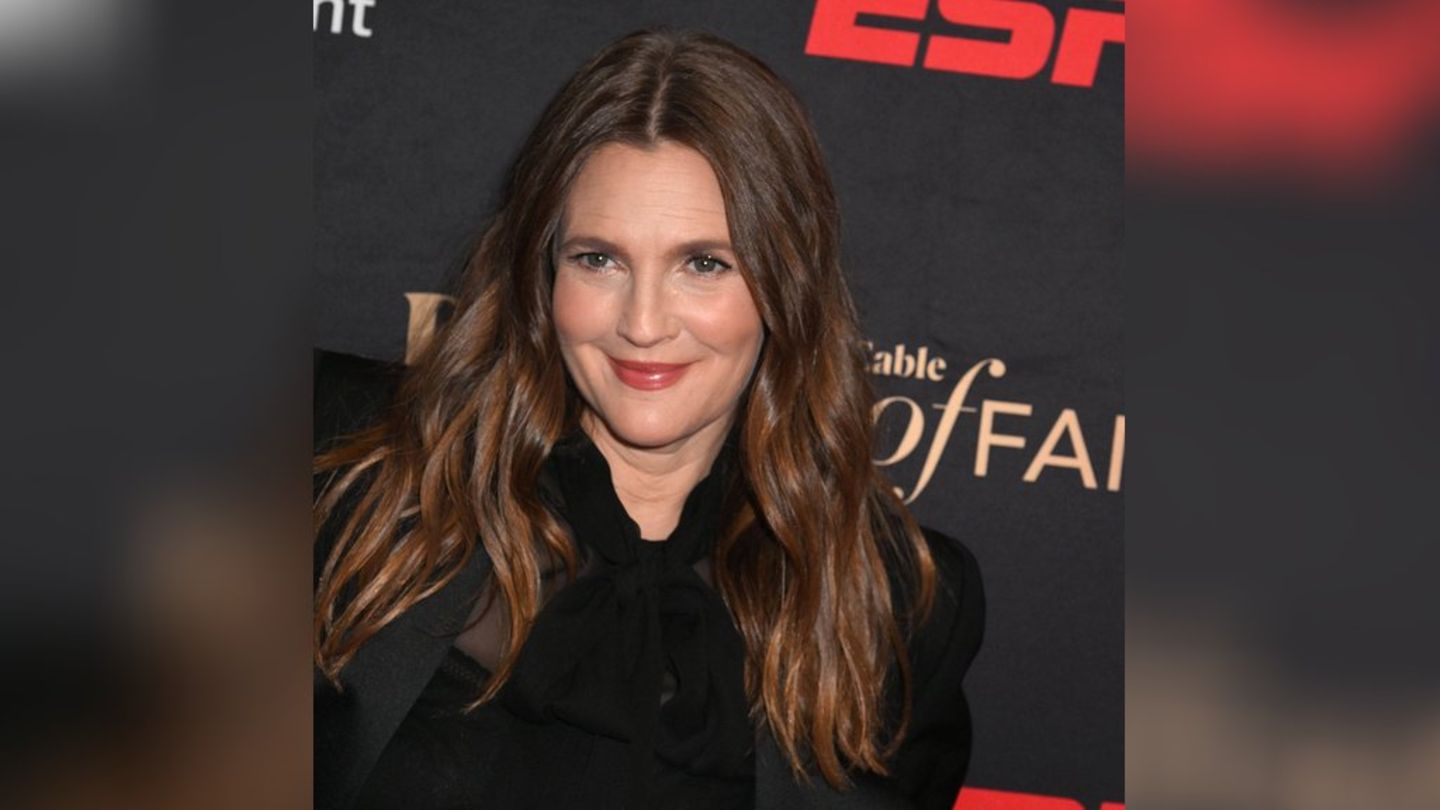press review
In a keynote speech in Prague, Federal Chancellor Olaf Scholz outlined that he wants to make the EU stronger and more independent – including through more military cooperation. A right demand, judge many media – the press review.
In his speech, Federal Chancellor Olaf Scholz outlined his ideas for the future of Europe and called for more cohesion and solidarity in view of the war against Ukraine. For the first time since the beginning of the war, he made a concrete statement about what he imagines the term “turning point in time” to be.
For example, the Chancellor called for the establishment of a European intervention force by 2025. He also advocated a common European air defense system. The fact that he gave his speech in Prague of all places had a symbolic meaning: Prague University has already been the scene of several important speeches on the situation in the EU, for example by Angela Merkel during the financial crisis of 2008. This is how the press commented on the Chancellor’s appearance:
“NZZ”: “In response to the new geopolitical challenges posed by China and Russia, the EU should gain in importance. Scholz therefore spoke out in favor of expanding the Union to the east. This step had been advocated in the past by EU skeptics such as the British because it a concentration of competences in Brussels is made more difficult. But Scholz wants both, more size and more power. The key to this is the abolition of the unanimity principle: if individual national governments can no longer block unwelcome decisions at headquarters, they give up guarantees of their national sovereignty .”
“World”: “It’s good that German Chancellor Olaf Scholz is unfamiliar with the hypertrophied European pathos of French President Emmanuel Macron and EU Commission President Ursula von der Leyen. With his Prague speech, he showed that you can also express European ambitions in sober words . But even if Scholz gave a good speech: Much will remain wishful thinking, because fundamental reforms are not to be expected in this EU. The European treaties would have to be changed for this – completely unthinkable in the next 15 to 20 years.”
“The mirror”: “Scholz speaks in his usual monotonous manner, the students reward his words with polite applause, although the chancellor even manages a few sentences in Czech towards the end. The question and answer session that followed was canceled due to time constraints. And yet, it is also a speech with great ambitions that Scholz is giving. Should his ideas become one ‘geostrategic EU’ can actually be implemented, then in the near future it would be completely different than it is today: significantly larger, significantly more east-oriented, significantly more pragmatic, significantly more military, independent in many areas, even into space.”
“Time”: “It stays the same, as Scholz confirms again: ‘For the foreseeable future, Putin’s Russia will define itself as opposed to the European Union. Any disagreement between us, any weakness, Putin will exploit.’ And it’s also true, as has been said often enough: that many underestimated how united Europe would be in response to the attack on Ukraine, especially the aggressor himself. But there are still major rifts across this community: politically, economically, culturally. ‘Germany, as a country in the middle of the continent, will do everything to bring East and West, North and South together in Europe’, says the Chancellor. That’s maybe more important than anything else.”
“Rhine Palatinate”: “The opportunity for reform in the European Union is good. In France, the pro-European head of state Emmanuel Macron was recently re-elected. The British, who often put the brakes on the desired changes, have left, and the USA is again led by a president who means well with the EU states. Russia’s aggression, in turn, reminds Europeans every day of the value of cooperation and solidarity. However, the time window for reforms will not be open forever. Therefore: The time for more Europe is now.”
“New Osnabrück newspaper”: “No, Olaf Scholz is certainly not an emotional braggart. In his keynote address on European policy at Charles University in Prague, the Federal Chancellor presented his vision for the future of the community in the usual matter-of-fact, almost bloodless manner. It should become a technological leader in many areas , work together more confidently as a global political player and more efficiently in the field of defense. Who would want to say no to that?”
“Rhein-Neckar-Zeitung”: “A joint air defense system for the European Union – that sounds reasonable in view of Putin’s war in Ukraine. However, this would make the EU a kind of second NATO. The economic alliance would become a defense alliance. Scholz expressly referred to the candidate country Ukraine, to Moldova , the western Balkan states and even Georgia. With this scenario, Scholz even confirms Russia’s reasoning that it invaded Ukraine because NATO and the EU were moving ever closer to the country’s borders. With Scholzen’s plan, the defense alliance between the European Union and Russia would be over many thousands of kilometers of direct neighbors. In the event that Russia loses the war over Ukraine, that might be an option – otherwise, however, another latent reason for war. Should Germany take the risk?”
“Frankfurter Allgemeine Zeitung”: “If the Europeans want to continue to live according to their own ideas of democracy, human rights and a market economy, then they must intensify their cooperation in all important political fields and organize them more effectively. Scholz also had to speak at length at Charles University in order to be able to deal with all the points , with which the European reform debate has been tormented for a long time.(…) Even in Germany, which sees itself as a European role model, many would first have to get used to the idea of being overruled when it comes to decisions on migration policy, debt accumulation or military operations. However, it should be clear to the nations of free Europe that together they can defend their freedom and prosperity better and more enduringly than either alone.”
Source: Stern
David William is a talented author who has made a name for himself in the world of writing. He is a professional author who writes on a wide range of topics, from general interest to opinion news. David is currently working as a writer at 24 hours worlds where he brings his unique perspective and in-depth research to his articles, making them both informative and engaging.




